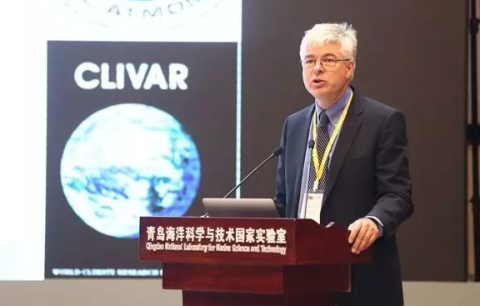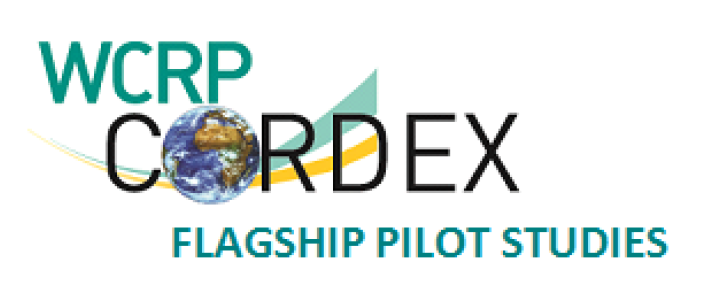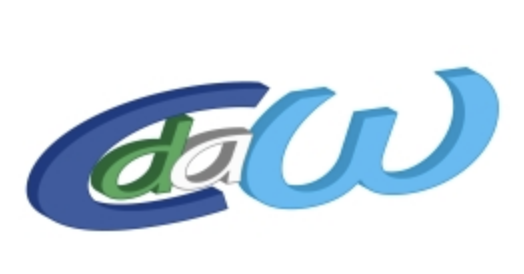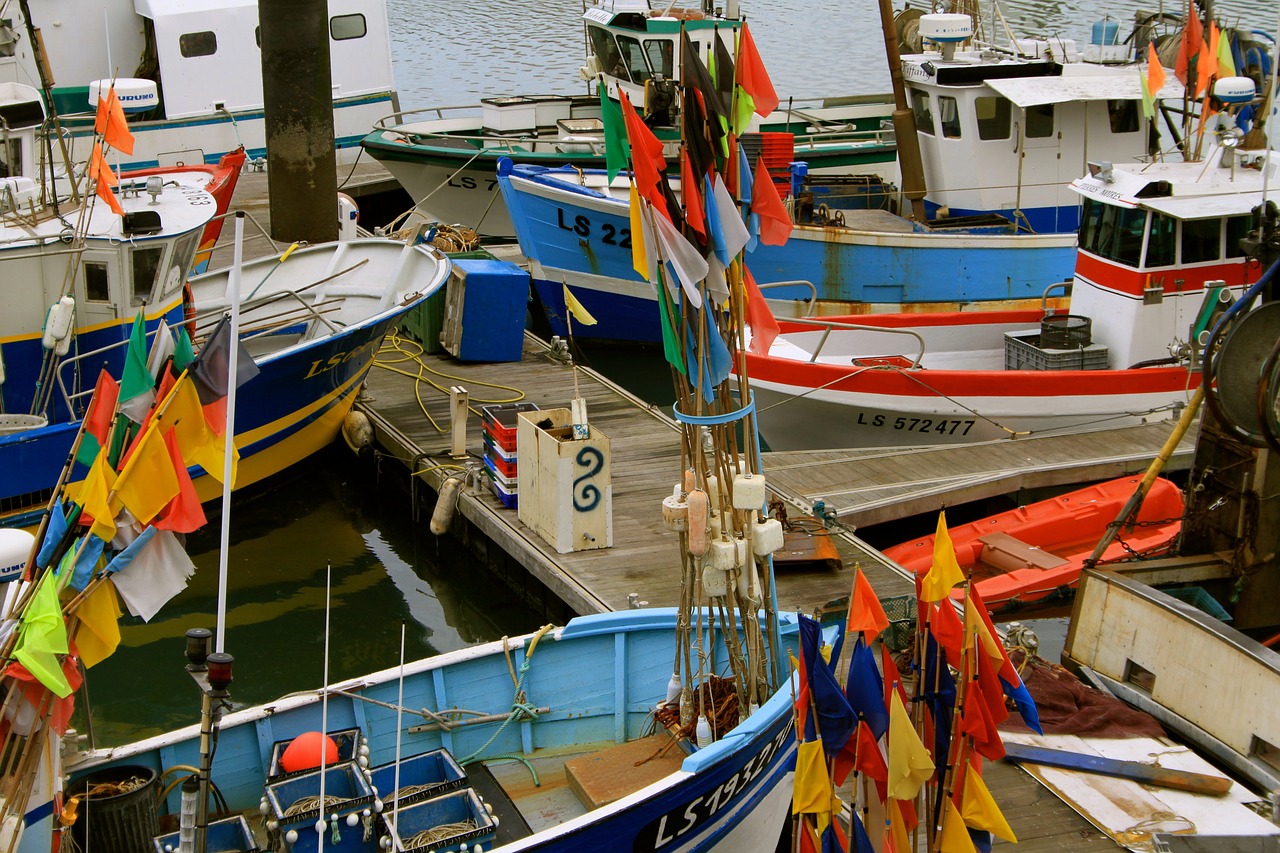- Details
- Where does the carbon go?
- How does the weather change with climate?
- How does the climate influence the habitability of Earth and its regions?
 This and other official images available from IISD Reporting Services.
This and other official images available from IISD Reporting Services.- Details
The WCRP Communication Survey is now live on the WCRP website. Communication has a direct impact on how successful we are in implementing our plans and conducting our activities. However, given the scope of the WCRP Programme, determining where we are and are not communicating well is a difficult task. This is why we need your help. If you could take a few minutes to complete this survey we will be able to effectively target improvements in current communications, which will benefit us all and the future of the entire Programme.
Deadline for responses is 15 January 2017.
- Details
 The Young Earth System Scientist (YESS) Community have just published an article online (early online release available here) in the Bulletin of the American Meteorological Society describing the long-term vision for the frontiers of Earth system science, paving the pathway towards an integrated understanding of the Earth system.
The Young Earth System Scientist (YESS) Community have just published an article online (early online release available here) in the Bulletin of the American Meteorological Society describing the long-term vision for the frontiers of Earth system science, paving the pathway towards an integrated understanding of the Earth system.
- Details
Where will the carbon go?
How will the weather change?
How do we maintain habitability?
For more information download the flyer.

- Details
![]() CORDEX are pleased to announce that a subset of the Euro-CORDEX simulations (EUR-11 and EUR-44), bias-adjusted by several different methods, are now openly available on the Earth System Grid Federation (ESGF) under the CORDEX-Adjust Project. Currently the bias-adjusted daily data for min/mean/max temperature and precipitation are available. All ESGF CORDEX users can access the bias-adjusted CORDEX RCM data under the general CORDEX terms of use (unrestricted or non-commercial). Information on bias-adjusted methods and on how to access the bias-adjusted CORDEX simulations can be found under bias-adjusted RCM data on the CORDEX website. For all groups interested in submitting CORDEX simulations bias-adjusted by their bias-adjustment methods there are step-by-step instructions on the CORDEX website.
CORDEX are pleased to announce that a subset of the Euro-CORDEX simulations (EUR-11 and EUR-44), bias-adjusted by several different methods, are now openly available on the Earth System Grid Federation (ESGF) under the CORDEX-Adjust Project. Currently the bias-adjusted daily data for min/mean/max temperature and precipitation are available. All ESGF CORDEX users can access the bias-adjusted CORDEX RCM data under the general CORDEX terms of use (unrestricted or non-commercial). Information on bias-adjusted methods and on how to access the bias-adjusted CORDEX simulations can be found under bias-adjusted RCM data on the CORDEX website. For all groups interested in submitting CORDEX simulations bias-adjusted by their bias-adjustment methods there are step-by-step instructions on the CORDEX website.
- Details
![]() The October 2016 CLIVAR Bulletin includes highlights of the CLIVAR Open Science Conference and provides an opportunity to comment on the new draft CLIVAR Science Plan. Save the date for the big 2017 "Regional Sea Level Changes and Coastal Impacts" conference and submit your application for the WCRP-JNU Training School on Monsoon Variability in a Changing Climate. Find out more about the Atlantic Meridional Overturning Circulation and how it affects our climate system. Plus lots, lots more!
The October 2016 CLIVAR Bulletin includes highlights of the CLIVAR Open Science Conference and provides an opportunity to comment on the new draft CLIVAR Science Plan. Save the date for the big 2017 "Regional Sea Level Changes and Coastal Impacts" conference and submit your application for the WCRP-JNU Training School on Monsoon Variability in a Changing Climate. Find out more about the Atlantic Meridional Overturning Circulation and how it affects our climate system. Plus lots, lots more!
- Details

Over five days scientists showcased the major advances in climate and ocean research and identified the way forward for WCRP's Climate and Ocean Variability, Predictability and Change (CLIVAR) Project.
- Details
 16-21 January 2017
16-21 January 2017
Jeju Island, Republic of Korea
Applications are now open for the WCRP-JNU Training School on Monsoon Variability in Changing Climate.
Apply now! Deadline: 15 November 2016
- Details
 Highlights from the CLIVAR Open Science Conference:
Highlights from the CLIVAR Open Science Conference:- Details
![]() The latest SPARC eNews bulletin includes an open call for SPARC Scientific Steering Group membership, information on the WCRP-SPARC Workshop: Challenges for Climate Science, details of the Summer School on Atmospheric Composition and Dynamics and much, much more.
The latest SPARC eNews bulletin includes an open call for SPARC Scientific Steering Group membership, information on the WCRP-SPARC Workshop: Challenges for Climate Science, details of the Summer School on Atmospheric Composition and Dynamics and much, much more.
- Details
New York, NY, USA
The WCRP, jointly with the Intergovernmental Oceanographic Commission of UNESCO (IOC), invites you to an international conference on sea level research that will address the existing challenges in describing and predicting regional sea level changes, and in quantifying the intrinsic uncertainties. For more see the conference flyer.
- Details
![]() In this issue of GEWEX E-News:
In this issue of GEWEX E-News:
- Showcasing your GEWEX related papers
- The International Prize for Model Development and International Data Prize
- Webinar Series on Applications of Remote Sensing to Soil Moisture and Evapotranspiration
- Call for International Soil Modeling Consortium (ISMC)-CROSS Panel Members
- Special INARCH Issue of Earth System Science Data
- and more...
- Details
 Applications are now invited for groups within, and linked to, CORDEX communities across the globe to propose 'Flagship Pilot Studies' (FPS). The FPS will focus on sub-continental-scale targeted regions, so as to allow a number of capabilities towards addressing key scientific questions and needs of the vulnerability, impact & adaptation community and end users. FPS proposals should be driven by the regional CORDEX communities, although sharing common protocols so as to allow easier exchange of know-how. FPS proposals will be reviewed and endorsed by the CORDEX Science Advisory Team, together with selected external reviewers, according to the criteria listed in the 'FPS Criteria & Guidelines' document. Further details on the FPS, together with instructions on how to submit your proposal and an application template, can be found on the FPS webpage. There will be 3 deadlines per year for FPS proposals: 15th February, 15th June and 15th October 2016. Successful proposals from the third round of 2016 (15 October) will be presented on the CORDEX website.
Applications are now invited for groups within, and linked to, CORDEX communities across the globe to propose 'Flagship Pilot Studies' (FPS). The FPS will focus on sub-continental-scale targeted regions, so as to allow a number of capabilities towards addressing key scientific questions and needs of the vulnerability, impact & adaptation community and end users. FPS proposals should be driven by the regional CORDEX communities, although sharing common protocols so as to allow easier exchange of know-how. FPS proposals will be reviewed and endorsed by the CORDEX Science Advisory Team, together with selected external reviewers, according to the criteria listed in the 'FPS Criteria & Guidelines' document. Further details on the FPS, together with instructions on how to submit your proposal and an application template, can be found on the FPS webpage. There will be 3 deadlines per year for FPS proposals: 15th February, 15th June and 15th October 2016. Successful proposals from the third round of 2016 (15 October) will be presented on the CORDEX website.
- Details
Frédéric Vitart et al. 2016
A database containing sub-seasonal to seasonal forecasts from 11 operational centres is available to the research community and will help advance our understanding of the sub-seasonal to seasonal time range. The S2S database represents an important tool to advance our understanding of the sub-seasonal to seasonal time range. In particular, this database will help identify common successes and shortcomings in the model simulation and prediction of sources of sub-seasonal to seasonal predictability and is an important tool for case studies of extreme events. For more see the full article in the Bulletin of the American Meteorological Society (Early Online Release) (OPEN ACCESS).
- Details

September, 2016
Over the next few months we intend to prepare a useful and accessible WCRP summary document. We hope the document will serve three purposes: a brief summary of recent accomplishments and impact, a ‘review’ document to meet the needs of the up-coming International Council for Science (ICSU) review of WCRP, and a WCRP outlook for the next several years recognising present and future challenges especially as influenced by the Paris climate agreement.
- Details
 September, 2016
September, 2016
Print and broadcast media and the blogosphere carry urgent news about the climate system: global atmospheric CO2 at record high levels (above 400 ppm), another consecutive month of record warmth in surface air temperatures, recent extreme flood and drought events in many locations (even if the western press focuses primarily on Louisiana), reduced coverage of Arctic sea ice (seriously low but not ‘off the charts’ if you follow the Alfred-Wegener-Institut (AWI) / University of Bremen product), and the list goes on.
- Details
September, 2016
CLIVAR Open Science Conference
“Charting the course for climate and ocean research”
18-25 September 2016
Qingdao, China
Highlights that you will not want to miss
- Details
 et al., 2016
et al., 2016
A report in response to a request by the Committee on Space Research of the International Council for Science to prepare a roadmap on observation and integrated Earth-system science for the coming ten years. Its focus is on the combined use of observations and modelling to address the functioning, predictability and projected evolution of interacting components of the Earth system on timescales out to a century or so. It discusses how observations support integrated Earth-system science and its applications, and identifies planned enhancements to the contributing observing systems and other requirements for observations and their processing. A set of concluding discussions covers general developmental needs, requirements for continuity of space-based observing systems, further long-term requirements for observations and other data, technological advances and data challenges, and the importance of enhanced international co-operation. For more see the full article in Advances in Space Research (Volume 57, Issue 10) (OPEN ACCESS).
- Details
28 November - 1 December, 2016
Tropical Atlantic climate recently experienced pronounced shifts of great socio-economic importance. The oceanic changes were largest in the eastern boundary upwelling systems. African countries bordering the Atlantic strongly depend upon their ocean-societal development, fisheries, and tourism. They were strongly affected by these climatic changes and will face important adaptation challenges associated with global warming. Furthermore, these upwelling regions are also of great climatic importance, playing a key role in regulating global climate. The 2016 TAV Conference will include sessions on: 1) Oceanic and atmospheric processes affecting physical-biogeochemical interaction and climate; 2) Mechanisms and simulation of tropical Atlantic climate variability; and 3) Towards realizing socio-economic benefits of climate prediction in the Tropical Atlantic for marine ecosystems, fisheries, and continental climate. Abstract submission closes 1 September 2016. For more details see the conference website.
- Details
19-28 October 2016
This School provides an overview of state of the art techniques and methods for detecting and monitoring the volcanic and convective clouds. It teaches students about the different instruments and platforms that are best at detecting such clouds and discusses new missions planned for solving the main issues in this research field. The registration deadline is the 31 August 2016. For more details see the training school website.
- Details
 Météo-France, Toulouse, France
Météo-France, Toulouse, France
18-21 October 2016
This workshop is intended to facilitate the more rapid advance of development of coupled data assimilation methodologies to improve weather and climate predictions and reanalyses. The workshop will cover methods for coupling of data assimilation methodologies between the atmosphere, ocean, land-surface, sea-ice, aerosols, atmospheric chemistry, and more, including weak coupling (coupling of the forecasts providing the background forecasts) and strong coupling (coupling of the state estimation as well). The workshop will also consider which observations are particularly important to advance coupled assimilations. The workshop will include overview presentations by selected invited speakers, 15-minute oral presentations, posters, discussion of the key scientific and technical challenges, and breakout groups to list the key issues and to formulate recommendations for how collaboration facilitated by the WMO can advance the state of the science more rapidly. The deadline for abstracts is 11 September 2016. For more see the workshop website.
- Details
 The Tropical Pacific Observing System (TPOS) aims to meet the observational, experimental, and operational needs of today and the future. The purpose of the TPOS 2020 project is oversee the transition to a more resilient and integrated observing system to meet the identified gaps as well as future needs as they are identified. A (revised) draft, now called the "First Report" (second and final reports will come in 2018 and 2020) can be downloaded from the TPOS 2020 website. While still a draft, to be finalized at the end of this year, it is now a public document that can be circulated.
The Tropical Pacific Observing System (TPOS) aims to meet the observational, experimental, and operational needs of today and the future. The purpose of the TPOS 2020 project is oversee the transition to a more resilient and integrated observing system to meet the identified gaps as well as future needs as they are identified. A (revised) draft, now called the "First Report" (second and final reports will come in 2018 and 2020) can be downloaded from the TPOS 2020 website. While still a draft, to be finalized at the end of this year, it is now a public document that can be circulated.
Also see the link on the TPOS 2020 website to download the comment spreadsheet for this second draft. You are encouraged to comment on the revision; please use the spreadsheet, which makes it far easier to keep track of comments and responses. Every comment gets a specific response, and these will all be posted publicly (both drafts, no names on comments). In order to make final decisions on this report at the Steering Committee meeting in October, all comments are due by 23 September 2016.
We appreciate your help in sharing the report with other stakeholders of TPOS observations. If you have distribution lists or specific communities that you think would be interested, please share the link to the report directly, or let the Steering Committee know by





